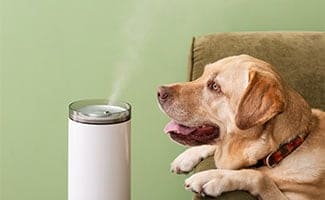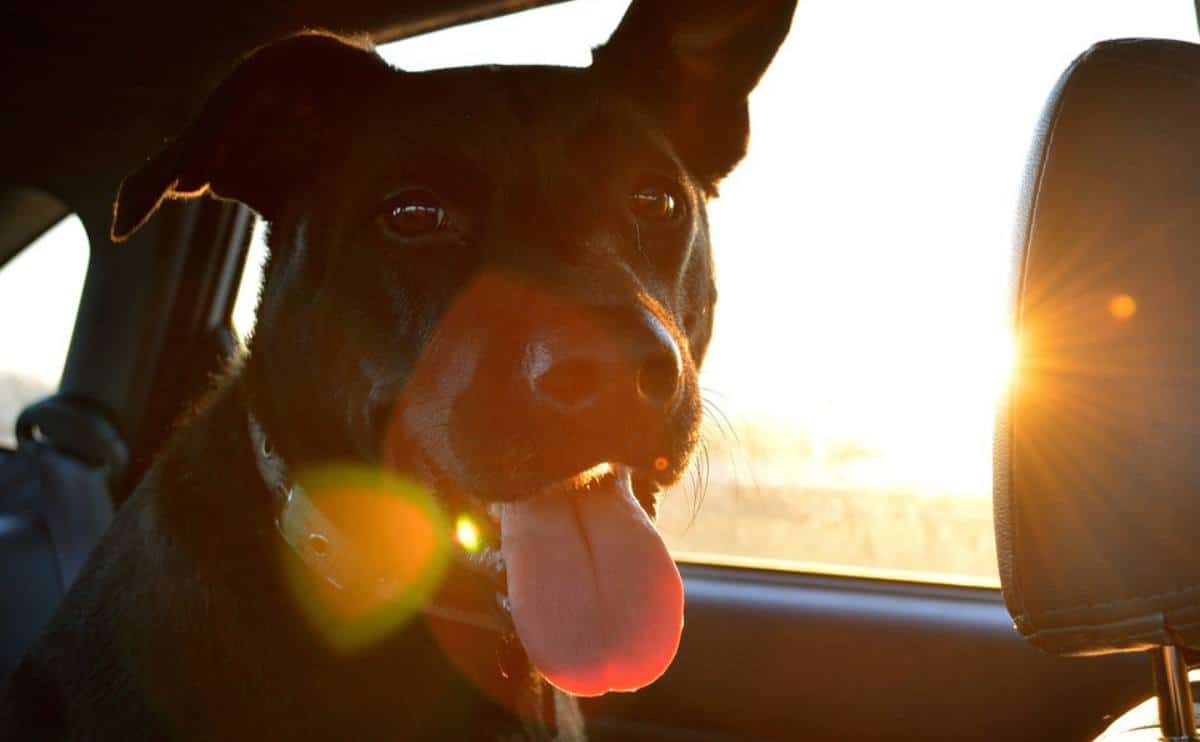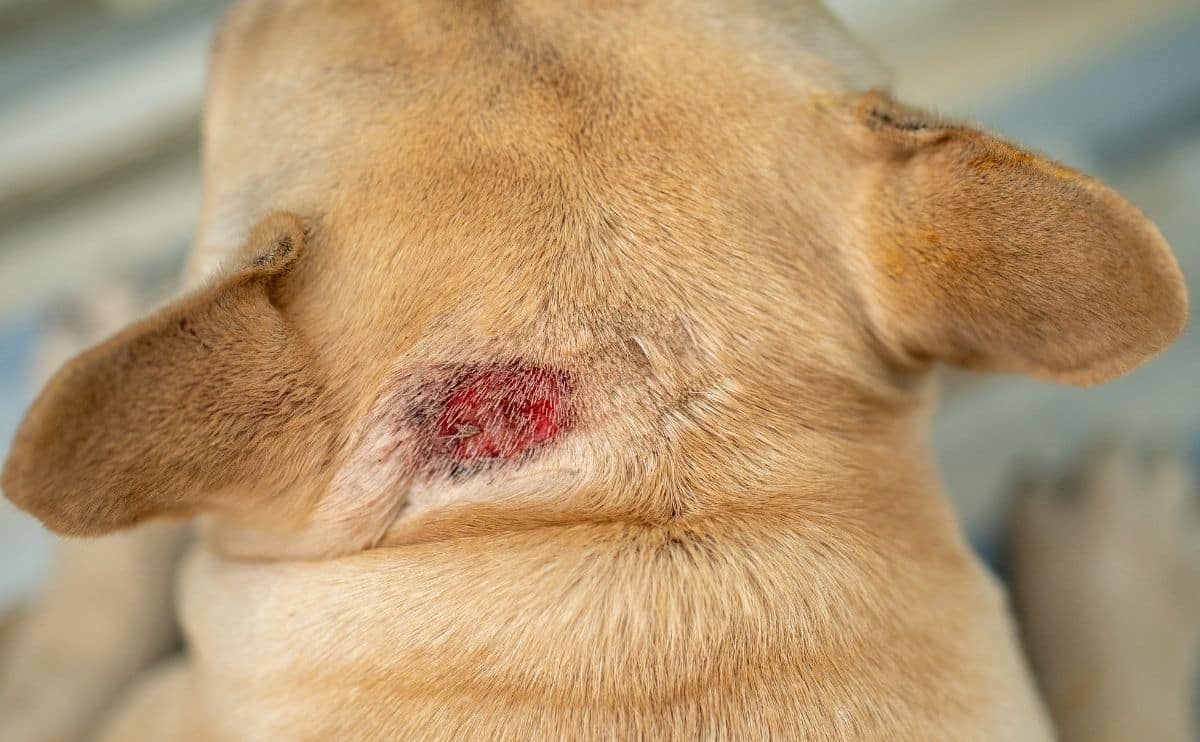Can Dogs Get Colds? Symptoms, Treatment & More
When you purchase through links on our site, we may earn a commission. Here’s how it works.

Does your dog have sniffles? Watery eyes? Is he sneezing and coughing? Do dogs get colds? Yes, they can, and the symptoms can range from mild to severe depending on the type of cold virus he catches (just as human colds can vary in severity).
Table of Contents
How do you know when your dog has a cold or something worse? How do you treat his symptoms? We’ll give you everything you need to know about dogs and colds to be sure you’re taking good care of your pup.
Can Dogs Get Colds From Humans?
It’s a fairly common misconception that dogs and other pets can catch colds from humans. Although your dog’s symptoms may mimic yours when you have a cold, the viruses are different and don’t cross between species. So if you’re both sick at the same time, rest assured — it’s just an unfortunate coincidence.
What Dog Cold Symptoms Should You Look For?
What are dog colds symptoms? A dog’s cold symptoms can be very similar to human symptoms — a runny or stuffed up nose, watery eyes, sneezing, and coughing. He may be more lethargic and not eat as much as usual. But it’s important to distinguish a cold from other dog illnesses that could be more severe.
Video: Dogs Sneezing
Watch this video we created to see some dogs with cold-like symptoms and learn more.
When Should You Call The Veterinarian?
If your dog is a young puppy or an old dog, his immune system may not be up to par, so it’s best to check with your vet if he’s showing cold-like symptoms.
If your otherwise robust dog exhibits severe symptoms or is lethargic for more than a few days, contact your vet to ensure he hasn’t developed an infection that could require antibiotics or other treatment.
And if your pup is experiencing vomiting and diarrhea along with cold-like symptoms, it could indicate a more severe illness.
How Should You Treat Your Dog’s Cold?
We all hate to see our pups suffer. Consider some of the following home remedies that can help alleviate cold symptoms.
Inhale Steam

Run a hot bath or shower so that steam builds up in your bathroom, or use a vaporizer in the room where your dog sleeps. Just as with humans, steam can help clear up his nasal passages.
Drink Fluids And Be Sure He Eats
Make sure your pup is drinking plenty of water, and give him some good old chicken noodle soup. Any kind of soup is pleasing for dogs with colds. Keep him hydrated. But be sure to avoid these foods since they can be dangerous to dogs.
Get Rest

It’s probably not a good idea to take your pup on long walks until his symptoms improve, although he may not feel good enough to walk anyway. Also, try to restrict playtime for very active dogs (easier said than done, we know!).
Try Herbal Remedies
Herbs that are vitamin C rich help boost your dog’s immune system. For dogs, safe herbal remedies include elderberry extract or flowers, colloidal silver, and mullein flowers. Check with a holistic veterinarian to make sure you’re giving your dog the appropriate amounts of herbs and tips on administering them.
How To Stave Off The Sniffles

As the old saying goes, “prevention is the best medicine.” The American Society for the Prevention of Cruelty to Animals recommends dogs get vaccinated every year with the “5-in-1” vaccine that protects them from distemper, hepatitis, leptospirosis, parvovirus, and parainfluenza. While this won’t completely protect him from the common doggie cold, it does protect him from more severe illnesses that share some of the same symptoms — and it helps boost his overall immune system.
If your dog is sick and you’re still unsure if he has a cold or something else, err on caution. Your veterinarian is the best judge.
Other Conditions To Rule Out
If you’re worried that your dog has something other than a common canine cold, some other illnesses and conditions can cause similar symptoms.
- Kennel Cough – an infectious virus that causes a cough with a loud honking sound, usually transmitted by dogs in a kennel environment – learn more about Kennel Cough
- Influenza Virus – cold-like symptoms but typically with a fever – learn more about canine flu
- Allergies – allergies to environmental conditions or food products are just as common in dogs as in humans – learn more about allergy symptoms
- Parasites – a number of different parasites can get into a dog’s lungs and trachea and cause chronic coughing – learn more about parasites
And, as always, if your dog is sick, contact your vet and make sure you have pet insurance to save on your vet bill next time around.



